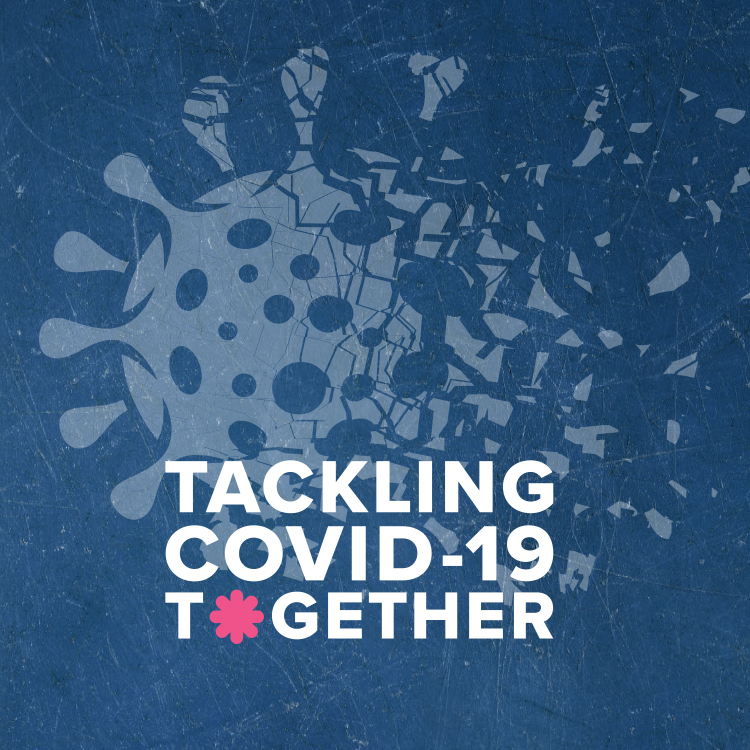Search

Research that maps and tracks.

Research save lives and contains the spread of COVID-19.
Research
The relationship between administratively recorded ethnicity and outcomes for people admitted to Australian intensive care units with COVID-19The relationship between ethnicity and mortality of patients critically ill with COVID-19 in Australia has not been described. Defining those communities at the highest risk of severe COVID-19 may assist with formulating effective public health policy and may improve the equitable delivery of health care in Australia.
Research
Epidemiology of Viral Infections in Neonatal Intensive Care Units in Western Australia: A Retrospective Study From 2016 to 2021 Including the COVID-19 PandemicViral infections are associated with significant morbidity and mortality in neonates. The COVID-19 pandemic led to changes in viral epidemiology in Western Australia. The impact on patients in neonatal intensive care is uncertain.
Research
Convalescent plasma in hospitalised patients with COVID-19Convalscent plasma (CP) was identified as a potential therapy for COVID-19 available early in the pandemic.
Research
Airborne personal protective equipment availability and preparedness in Australian and New Zealand intensive care units: A point prevalence surveyPersonal protective equipment is essential to protect healthcare workers when exposed to aerosol-generating procedures in patients with airborne respiratory pathogens.
Research
Applying causal inference and Bayesian statistics to understanding vaccine safety signals using a simulation studyCommunity perception of vaccine safety influences vaccine uptake. Our objective was to assess current vaccine safety monitoring by examining factors that may influence the availability of post-vaccination survey data, and thereby the specificity and sensitivity of existing signal detection methods.
Research
Real world effectiveness of early ensitrelvir treatment in patients with SARS-CoV-2, a retrospective case seriesEnsitrelvir, a 3C-like protease inhibitor, received emergency approval in Japan in November 2022 for treating non-hospitalized patients with mild-to-moderate COVID-19. However, confirmation of its real-world clinical effectiveness is limited.
Research
World Society for Pediatric Infectious Diseases calls for action to ensure fair prices for vaccinesThe eradication of smallpox is considered one of the greatest achievements of humankind, thanks to vaccination. The widespread availability of childhood vaccines has substantially reduced childhood morbidity and mortality. Devastating infections, such as polio, have almost disappeared due to vaccination. In 2021, it was estimated that vaccination against ten selected pathogens will have averted 69 million deaths between 2000 and 2030. Increases in vaccine coverage and introduction of additional vaccines should reduce lifetime mortality by 72% in the 2019 birth cohort. However, access to vaccines that prevent life-threatening and disabling infectious diseases remains unequal.
Research
The influence of the COVID pandemic on the management of URTI in childrenBritta Regli-von Ungern-Sternberg AM FAHMS MD, PhD, DEAA, FANZA Chair of Paediatric anaesthesia, University of Western Australia; Consultant
